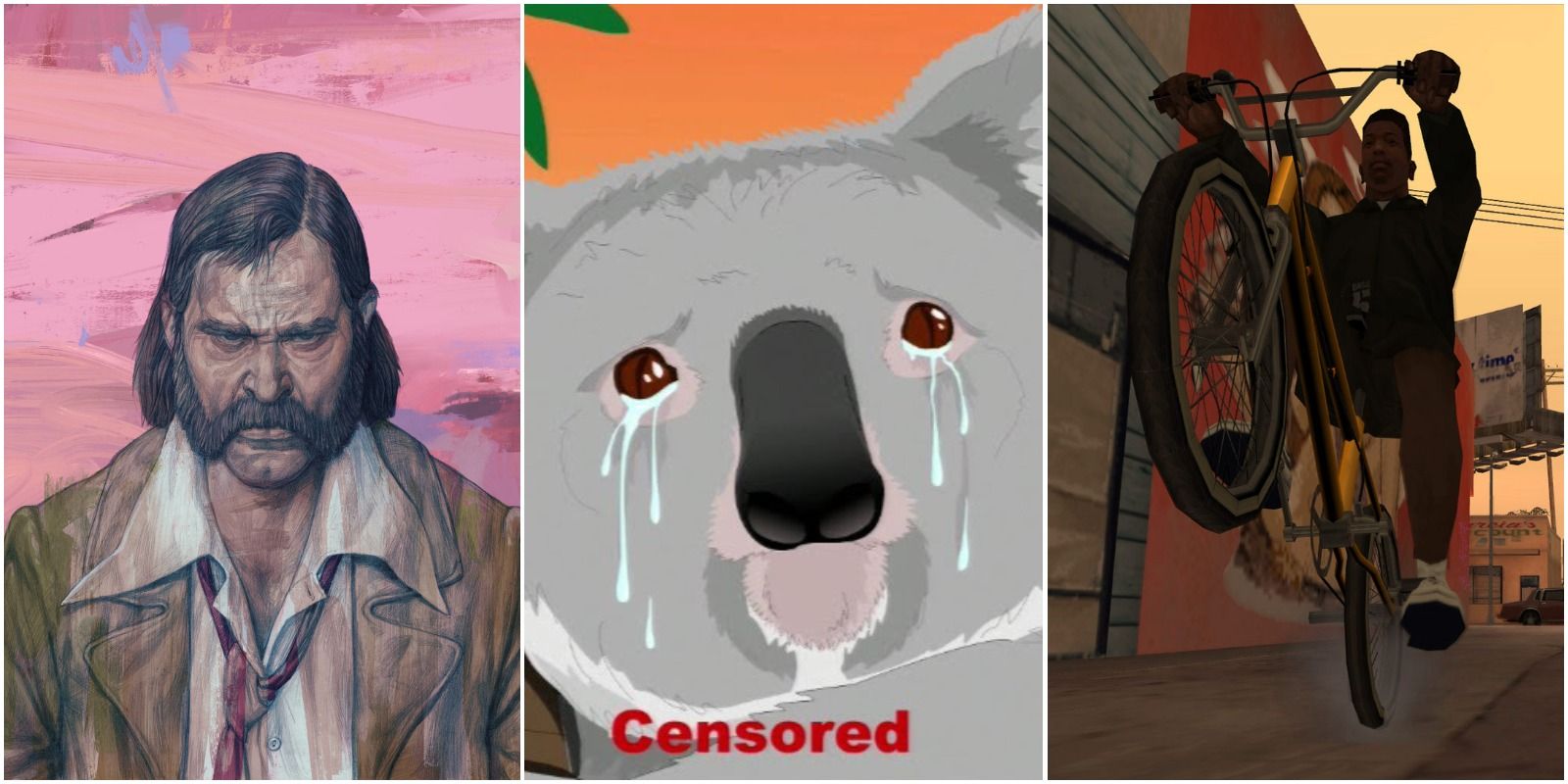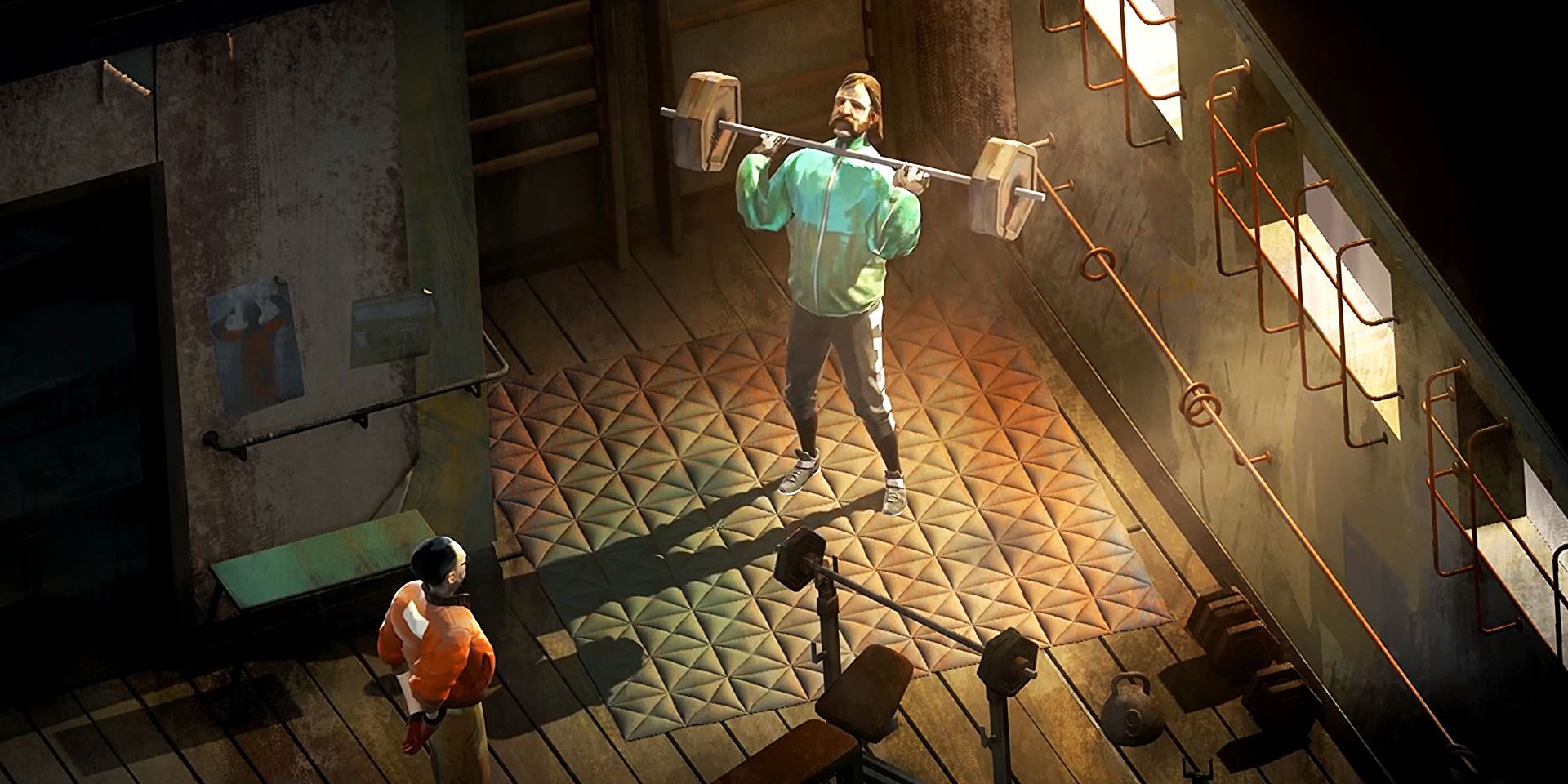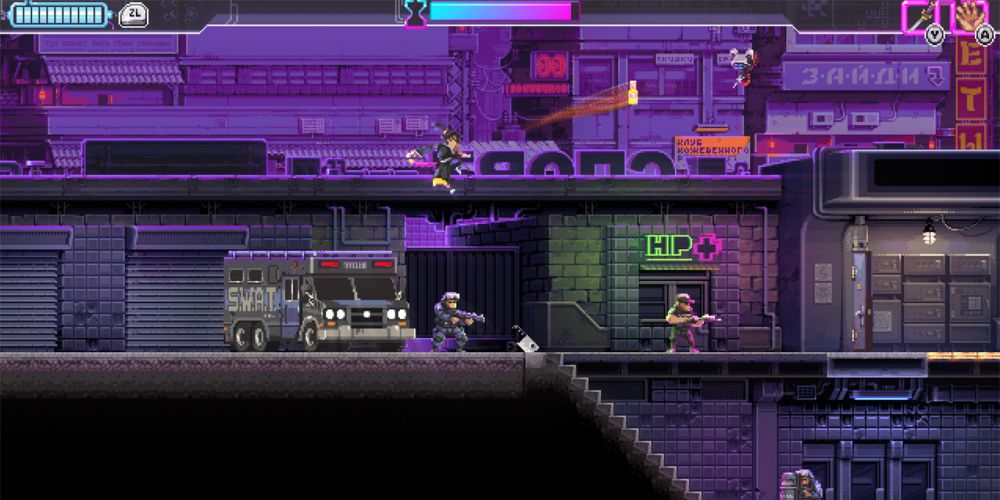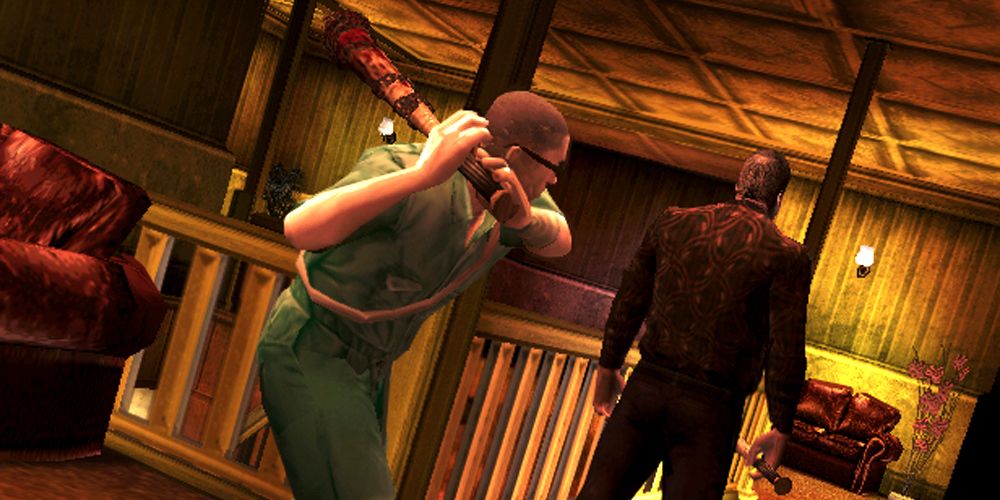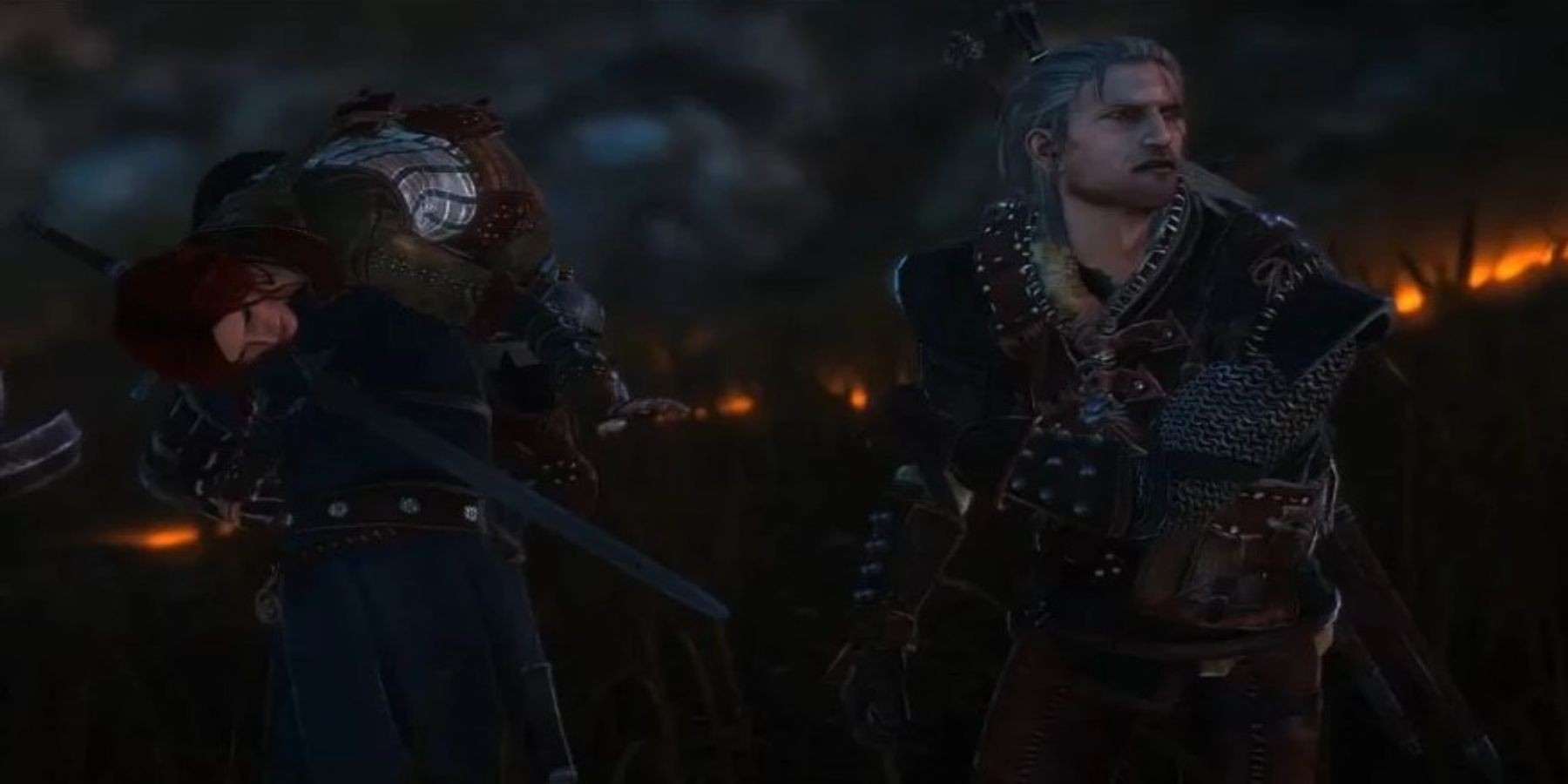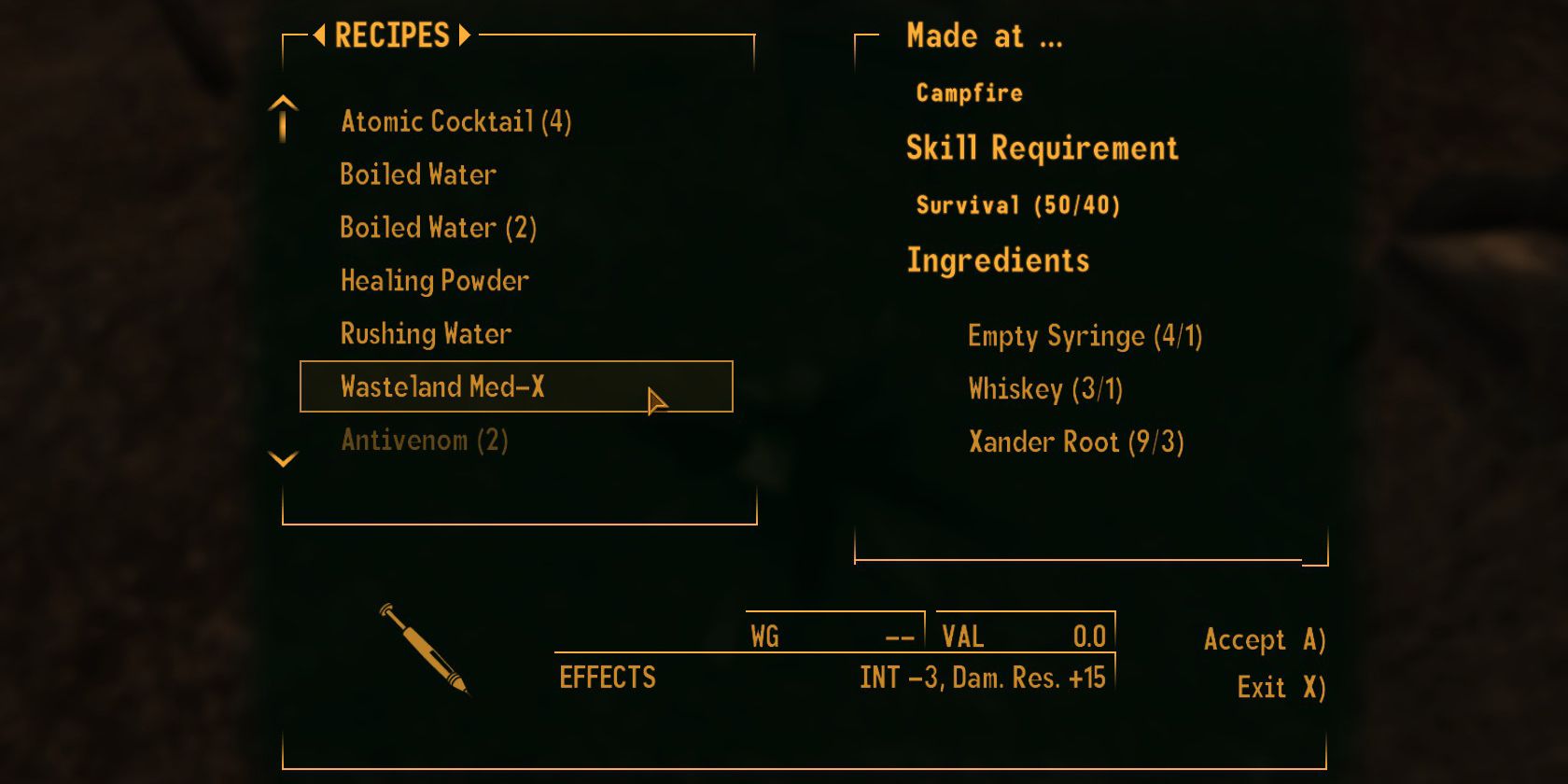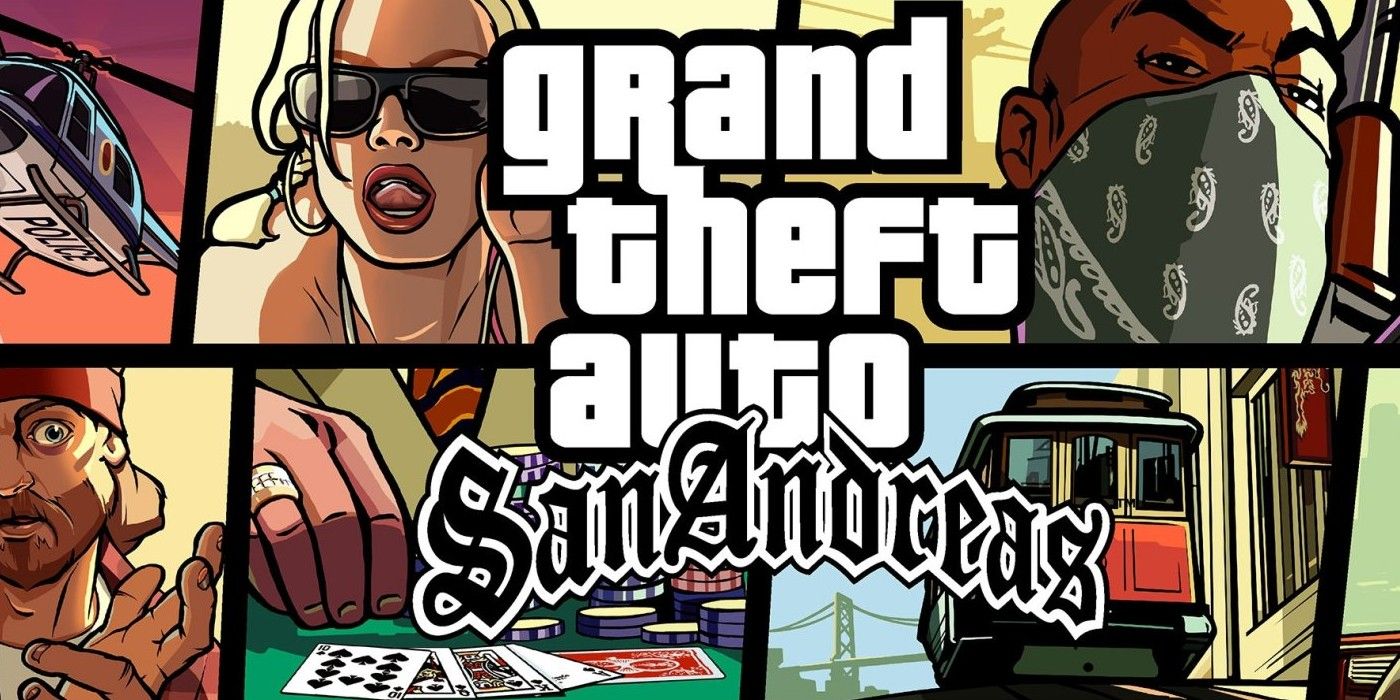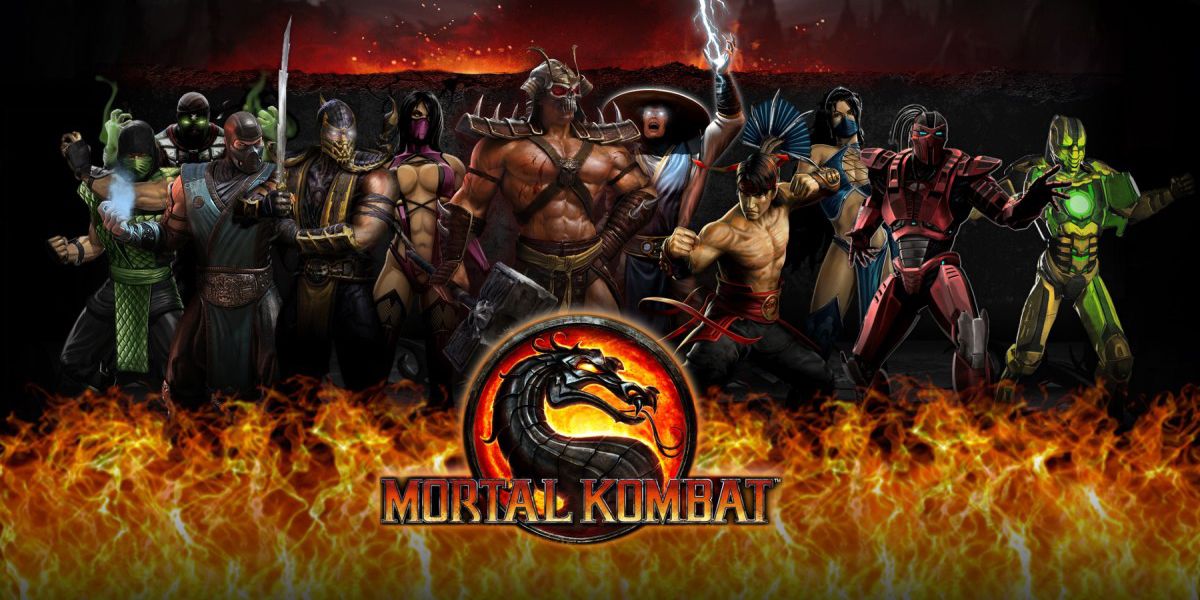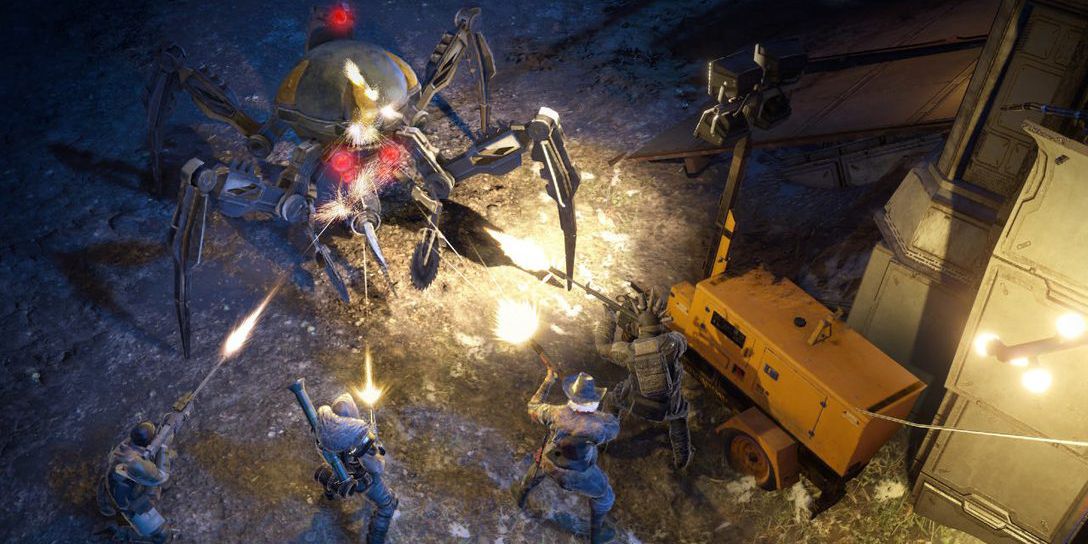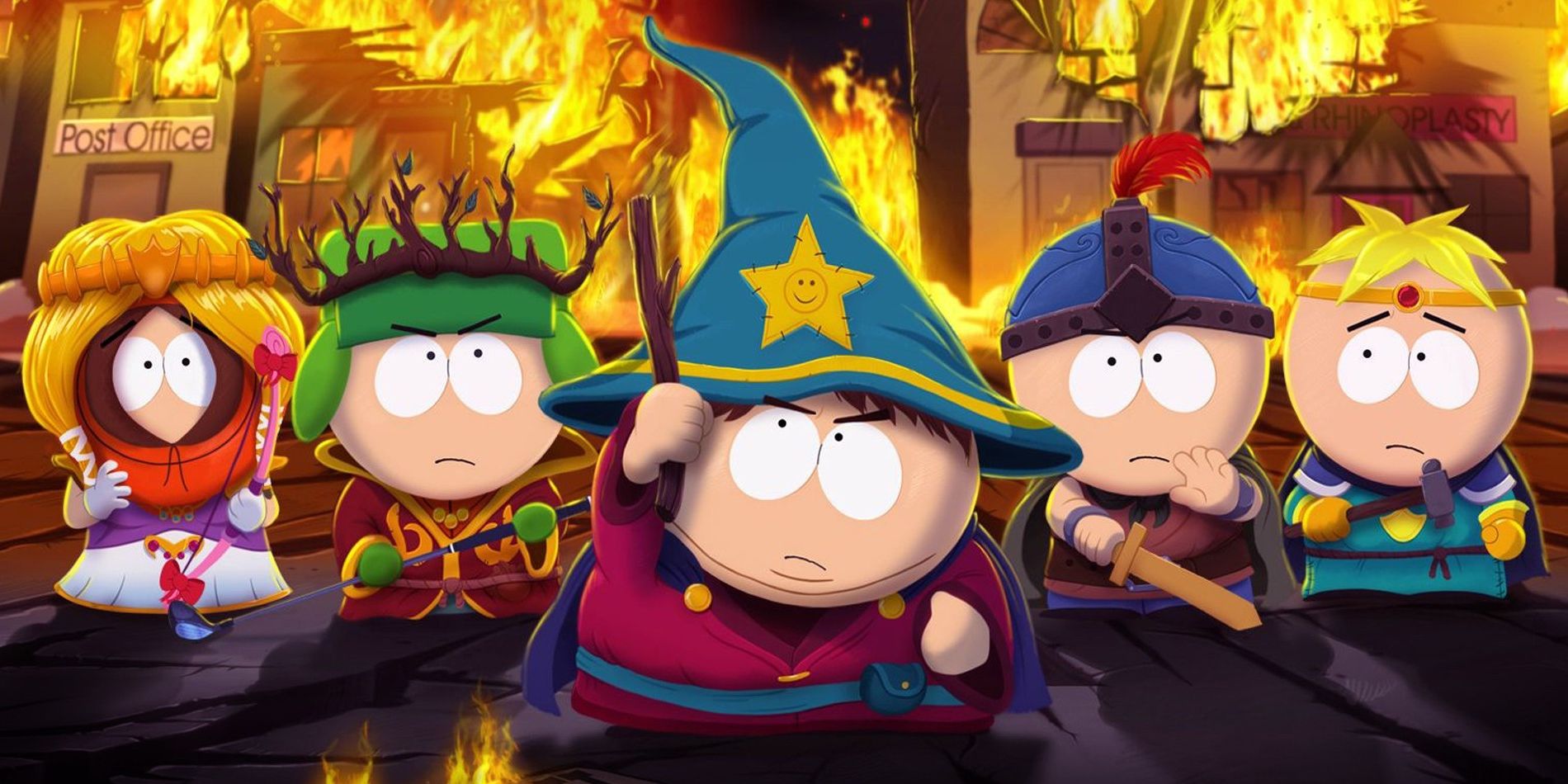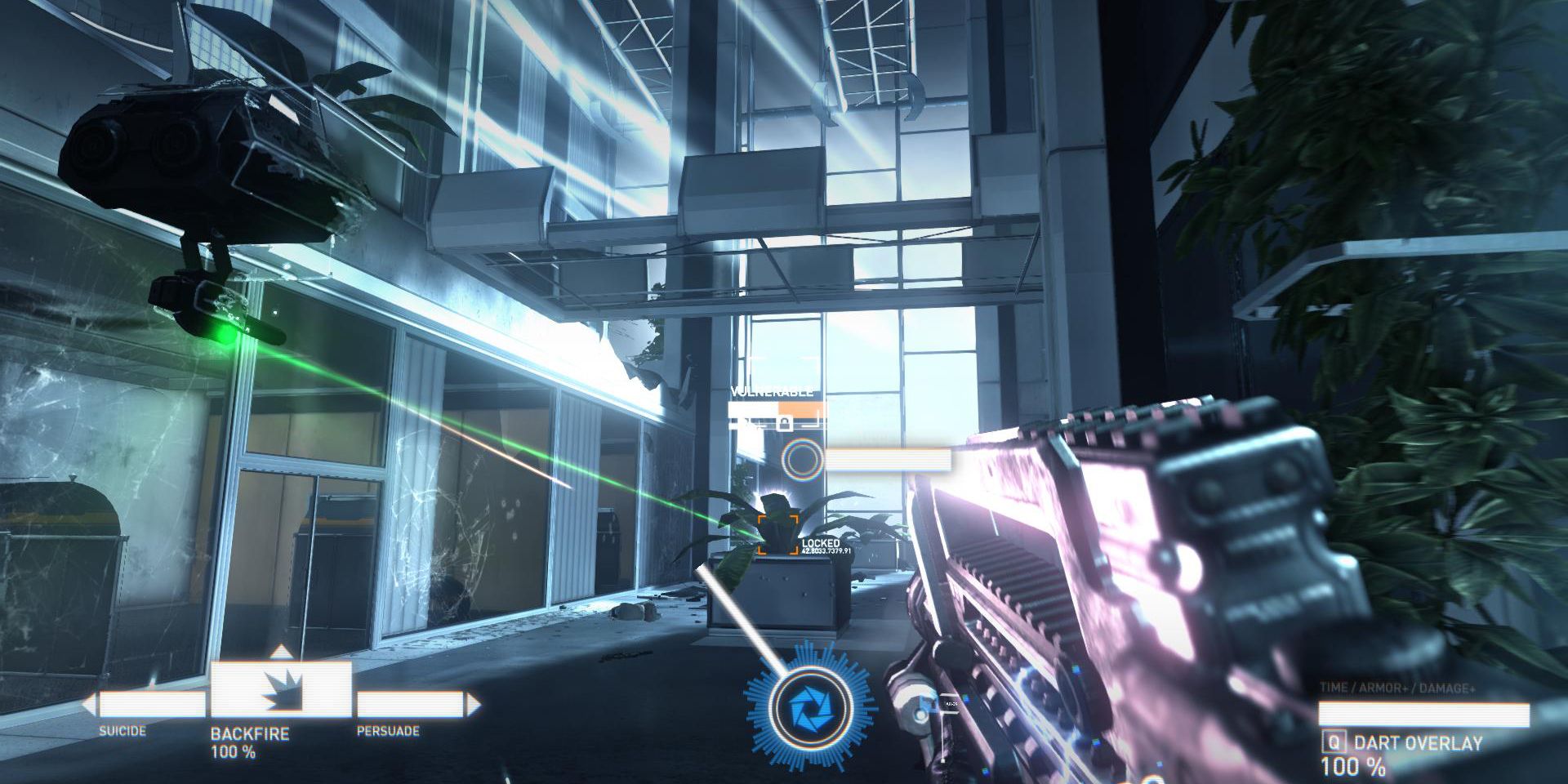Until 2013, the Australian Classification Board had no designation for any games deemed too mature for audiences 18 or over. Due to this, many games were refused classification and banned from sale in the country. Some of the greatest video games were simply unavailable to Australian audiences, who missed out on great storylines and gameplay for decades.
Even after the 18+ designation was created, many games were required to edit content and reapply for classification. While plenty of major names were eventually allowed to be sold in Australia, they typically had to edit a variety of scenes, dialogue, or gameplay elements in order to achieve such classification.
10 Disco Elysium: The Final Cut Uses Substance Consumption To Alter The Detective
When a game opens with the main character waking up from a bender so prolonged that he has severe amnesia, it’s a safe bet that Australia will ban it for substance abuse related to rewards systems. Additionally, throughout the game, players can consume various substances in order to gain certain benefits in dialogue or the game’s version of combat.
Eventually, the game did appeal its ban and is now allowed to be sold in the country. Seeing how it’s a recent release, Disco Elysium: The Final Cut may be the start of a new approach to game censorship in Australia.
9 The Main Character in Katana Zero Is Dependent On Chronos
In one instance where the classification was appealed and then later overturned, Katana Zero sees the player fight through stages in intense, one-hit-kill combat. A core concept of the game is that the main character is suffering withdrawals from a drug called Chronos and must take more to keep experiencing the passage of time.
One of Australia’s main sticking points with its classification system is the use of drugs to impact gameplay. Katana Zero was no exception. The inclusion of Chronos as a core concept ensured its ban.
8 Manhunt Focused On Violence In A Shocking Way
In the US, Manhunt saw major backlash related to its themes of severe violence at the hands of a death row inmate forced to murder other inmates for entertainment. Australia seemingly agreed with the outrage and banned Manhunt from sale in the country, even denying multiple appeals from the developers.
Officially, it fell under the ban for using high-impact violence related to torture. While the game saw immense sales numbers in other areas of the world, it was never released in Australia and remains banned.
7 Geralt Needs His Love And Potions In Witcher 2: Assassins Of Kings
Geralt is a Witcher of many needs and many loves. In order to prepare for a monster hunt, players equip themselves with oils and potions to ensure the right combination of protection or assault bonuses. Along the journey, Geralt also has a few love affairs, complete with scenes that complement the more intimate moments.
Australia deemed the substance use and sexual nature of the scenes too inappropriate for those under 18, and, due to not having a classification for those over 18 at the time, refused classification for the game, banning it from sale.
6 Fallout 3 Had To Change The Name Of Morphine To Med-X
When virtual life consists of trudging through an irradiated wasteland, it is hard not to turn to drugs to make things bearable. In Fallout 3, chems can be used to heighten reflexes and alter gameplay, which the Australian Classification Board did not agree with.
They refused classification for the game, citing the age-old connection with substance abuse and gameplay. Eventually, Bethesda changed the name of the in-game drugs to made-up monikers such as “med-x” and was allowed to be sold worldwide.
5 The Hot Coffee Mod Caused San Andreas To Be Banned In Many Countries
Originally, Grand Theft Auto: San Andreas was allowed to be sold in Australia. As in America, however, when the later removed “Hot Coffee” scene was discovered, public outrage against the game soared. Although the content was created by a mod exploiting content originally removed from the game, the governing bodies were not going to allow the game to remain on shelves.
Just like in America, as well, once the game was released with the controversial content removed, the game was allowed to be marketed and produced throughout the country.
4 Mortal Kombat (2011) Toed The Line With Its R18+ Rating
Mortal Kombat as a series has always been controversial. It was one of the games presented to the US congress when video game censorship was a hot topic in the early to mid 1990s. The reboot in 2011 re-lived history when the Australian Classification Board denied classification for the game due to its violent presentation.
It was only after the R18+ classification was introduced to the country that the game was legally allowed to be sold in the country. The subsequent sequels were able to be sold under the same guidelines as their predecessor.
3 Wasteland 3 Lets Players Take Drugs To Get Through The Apocalypse
The third Wasteland game, a series that birthed the aforementioned Fallout series, was released in 2020 and was met with similar opposition as the series born from it. Substance use that increased the character’s abilities was seen as too much for consumption within Australia and the game was banned from sale.
Eventually, InXile, the developers behind the game, released a censored version of the game. After changes were made to remove the drug-related content, This new version was given the 18+ classification and allowed to be sold.
2 South Park: The Stick Of Truth Resorted To Describing Their Controversial Scenes
With the reputation South Park has both within the US as well as abroad, it was no surprise when their first RPG, created by Obsidian Entertainment, was denied release in many countries. Australia, specifically, banned the game due to the obscenity of certain scenes.
In order to be released within Australia, the creators of the game released a new version. Instead of showing the offending scene, a narrator relays the content to the player over an image of a koala crying.
1 The Free Form Gameplay In Syndicate Was Considered Too Violent
The 2012 reboot of a cyberpunk game from the 1990s, Syndicate was notable for its open approach to gameplay. Players could unlock new weapons throughout the first-person shooter campaign that would allow them to eliminate enemies in a wide variety of ways, including hacking chips inserted in the enemies as well as the time-honored rocket launcher.
The Australian Classification Board decided, though, that the game was too violent. All the different ways of destroying enemies ensured that the game would never see release in Australia.

